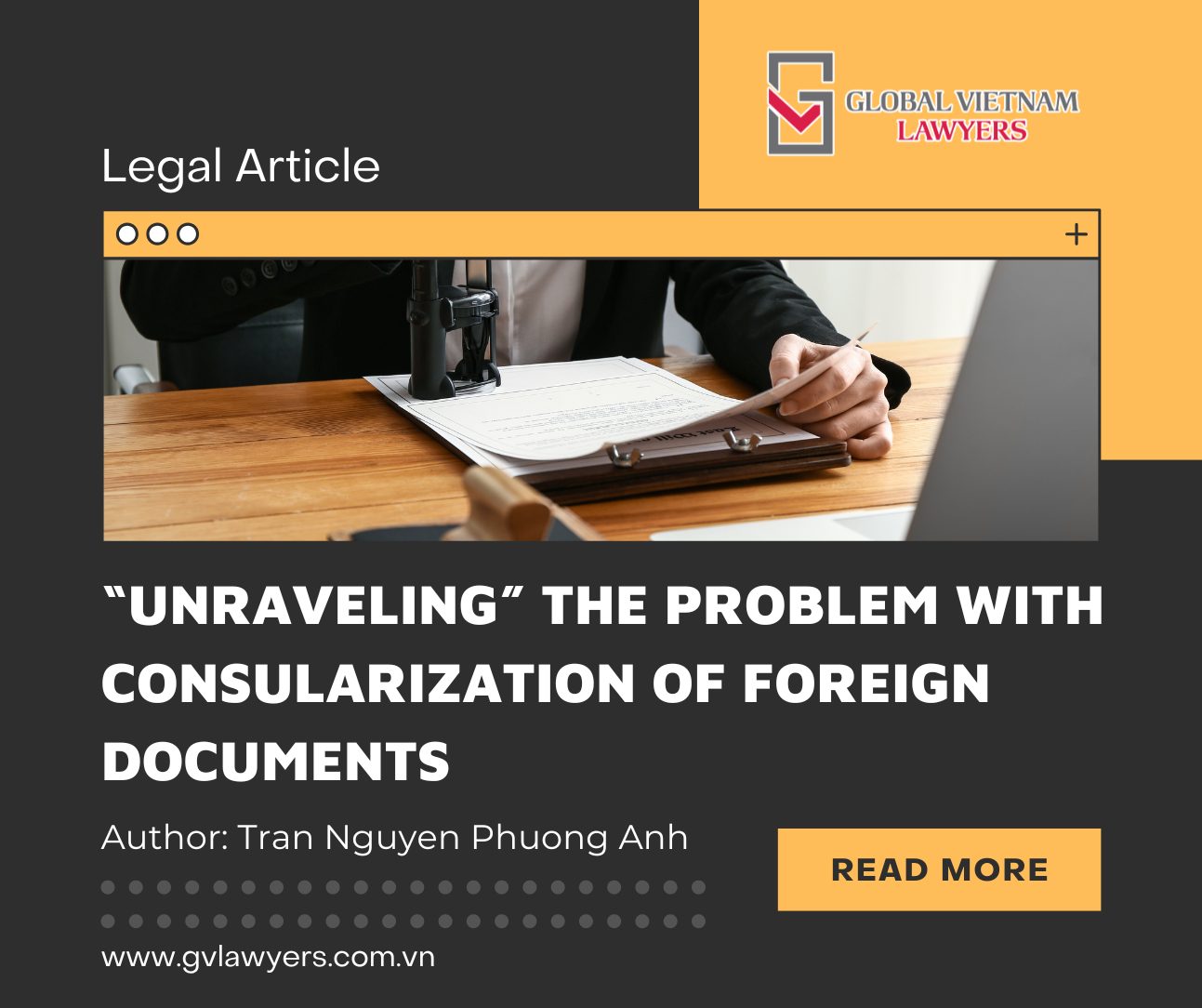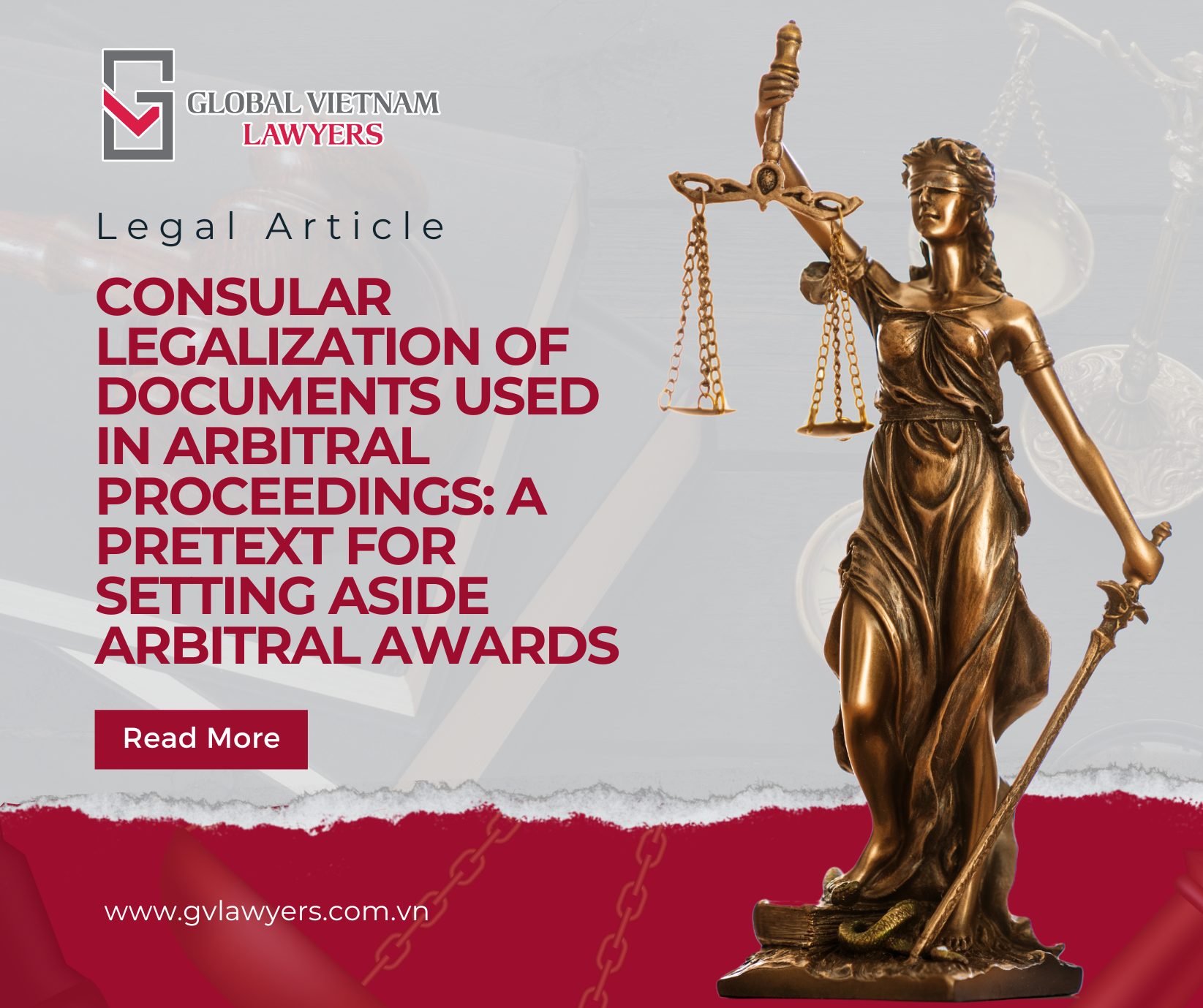GV Lawyers would like to present an article Mr. Tran Thanh Tung & Mr. Ngo Nhat Minh entitled: “Registering license changes as required by the court – is the door open to trading derivatives?” published in Saigon Times on March 27, 2014.
***
An actual case
An investment fund lent a company funds to buy fixed assets. Due to the lack of the borrower’s collateral, the fund agreed to lend without a security provided; that if the borrower could not repay the loan upon maturity, such a loan would be converted into the lender’s shares in the borrower’s company. However, upon maturity, the borrower neither paid for debts nor conducted procedures for converting the loan into shares as agreed. The lender took legal action against the borrower at the commercial arbitrator. Based on the contract, the arbitrator forced the borrower to execute the loan contract i.e. to convert the loan into shares to the lender.
The award was later referred to an enforcement agency which would eventually “give up” as they could not enforce this award. The reason is that the Law on Enterprises 2005 does not have a mechanism for registering a change to the Enterprise Registration Certificate as decided by the court or the arbitrator. Therefore, the change would absolutely rely on the enterprise i.e. the borrower, in such case. If the borrower was unwilling in register a conversion of the loan into shares, the lender, the enforcement agency and the business registration agency cannot force the borrower to do so. As a result the lender “won” on paper but “lost” in practice because they could not actually convert the loan into shares nor regain the loan (because the award was given legal effect).
So is the door open?
The draft Amended Law on Enterprises as it currently stands appears to open the door to admitting a register change to the enterprise registration content per the decision of the court or the arbitrator, without the consent of that enterprise.
According to the contents of the draft Amended Law on Enterprises, after the effective date of the court judgment or the arbitral decision, the beneficiary will be able to require a registration for changing the enterprise registration contents by sending a notice to the business registration agency attached with a copy of the court judgment or the arbitral award given legal effect. Based on the information in the notice, the judgment or the award, the business registration office shall issue a revised Enterprise Registration Certificate noting down the requested changes.
Obviously this is a new mechanism for the registration of a change to the Enterprise Registration Certificate. Although the content of the judgment or the award is greatly diversified, this article will only consider the impact of this regulation on transactions in connection with such derivatives as forwards, futures, options and stock swaps or a convertible bond.
The first benefit is that thanks to this mechanism, the path forward for derivative transactions is brighter. The parties understand that the contracts involving derivative securities will be not only asserted but also have a clear enforcement mechanism. The winning party is entitled to be proactive in requesting the business registration agency to change enterprise registration contents per the judgment or the award without relying on the goodwill of the concerned enterprise. Brazen enterprises such as the above borrower will therefore have no way to shirk responsibility.
Secondly enterprises have another way to raise capital loans even without collateral – of course depending on the lender’s consent. As for the lender, if an enterprise cannot repay their debt, the lender may hold the borrower’s shares and gain a business interest as a shareholder.
This mechanism includes further benefits depending on each standpoint, including most importantly the advancing of stock market development.
And many questions are left unanswered
Codifying the mechanism of amending business registration per the decision of a court or an arbitrator is necessary, as has been demonstrated in the above analysis, the parties have made an agreement and the court or arbiter are simply acknowledging such agreements and giving them teeth.
But imagine if one day the creditors go to a company and produce an Enterprise Registration Certificate showing that they are the legal owners of the company, who have the right to replace the entire existing leadership. It is noted that once the options of legal recourse or arbitration are exercised, parties are hardly ever cooperate with each other. So the sudden appearance of a creditor as a new shareholder will be a major shock for the leadership and enterprise staff.
From the standpoint of a business registration agency, although the judgments and decisions of the courts take effect, they may be reviewed in accordance with the appellate and cassation procedures and arbitration awards may be cancelled by the Court. As such, it can be easily understood when the licensing agency will be act discreetly when receiving the request for registration of the said type.
Thus, despite its reasonableness, in order for the regulation to apply efficiently and effectively in practice, such a regulation demands co-ordination among many agencies such as licensing agencies, tax authorities, enforcement agencies, courts etc. to ensure that judgments and awards are strictly enforced without disrupting the operation of enterprises. This will require all guidelines to be written thoroughly and comprehensively with respect to the implementation of the Amended Law on Enterprises.









